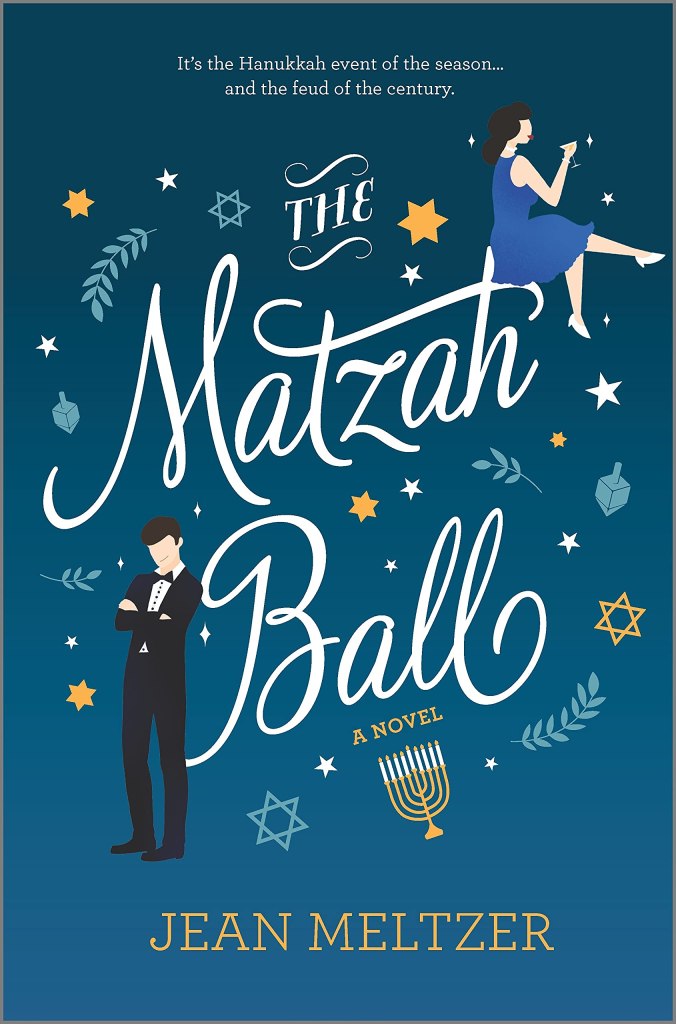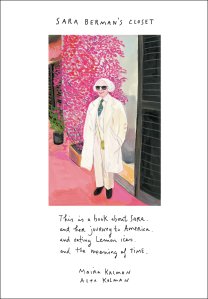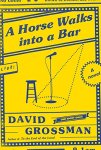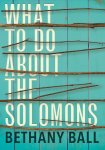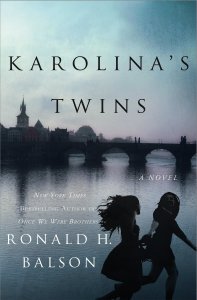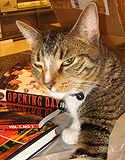From the publisher:
THE RUNAWAY NEW YORK TIMES BESTSELLER
“A murder mystery locked inside a Great American Novel . . . Charming, smart, heart-blistering, and heart-healing.” —Danez Smith, The New York Times Book Review
“We all need—we all deserve—this vibrant, love-affirming novel that bounds over any difference that claims to separate us.” —Ron Charles, The Washington Post
From James McBride, author of the bestselling Oprah’s Book Club pick Deacon King Kong and the National Book Award–winning The Good Lord Bird, a novel about small-town secrets and the people who keep themIn 1972, when workers in Pottstown, Pennsylvania, were digging the foundations for a new development, the last thing they expected to find was a skeleton at the bottom of a well. Who the skeleton was and how it got there were two of the long-held secrets kept by the residents of Chicken Hill, the dilapidated neighborhood where immigrant Jews and African Americans lived side by side and shared ambitions and sorrows. Chicken Hill was where Moshe and Chona Ludlow lived when Moshe integrated his theater and where Chona ran the Heaven & Earth Grocery Store. When the state came looking for a deaf boy to institutionalize him, it was Chona and Nate Timblin, the Black janitor at Moshe’s theater and the unofficial leader of the Black community on Chicken Hill, who worked together to keep the boy safe.
As these characters’ stories overlap and deepen, it becomes clear how much the people who live on the margins of white, Christian America struggle and what they must do to survive. When the truth is finally revealed about what happened on Chicken Hill and the part the town’s white establishment played in it, McBride shows us that even in dark times, it is love and community—heaven and earth—that sustain us.
Bringing his masterly storytelling skills and his deep faith in humanity to The Heaven & Earth Grocery Store, James McBride has written a novel as compassionate as Deacon King Kong and as inventive as The Good Lord Bird.
“With this story, McBride brilliantly captures a rapidly changing country, as seen through the eyes of the recently arrived and the formerly enslaved . . . And through this evocation, McBride offers us a thorough reminder: Against seemingly impossible odds, even in the midst of humanity’s most wicked designs, love, community and action can save us.” —The New York Times Book Review
https://amzn.to/3N6OAch
“The Heaven & Earth Grocery Store is one of the best novels I’ve read this year. It pulls off the singular magic trick of being simultaneously flattening and uplifting.” —NPR
My friend Judy recommended this book to me, and I put it off for a while – my mistake. This was a totally immersive read into a world of incredible characters wrapped in a mystery, and I loved it.
The book opens in the 1970s, with a skeleton found in an old well, along with a couple of trinkets. Almost immediately, it moves back to the Depression era in the small town of Pottstown, Pennsylvania, where European immigrants, Blacks, and Jews are all living together in near poverty on Chicken Hill, while the white folks live in town. Except for Moshe and Chona, a young Jewish couple who own the Heaven and Earth Grocery Store. It was Chona’s father’s store, and she takes over running it while her husband Moshe, owns a music theater where he brings in all kinds of music, from Klezmer to jazz. The grocery loses money on the regular, as Chona is too kindhearted to make any of her poor customers pay, but the theater makes money. Moshe wants to move off of Chicken Hill, but Chona won’t budge. He is so in love with her, he’ll do anything she says.
Chona had polio and wears a special shoe to help her walk. She is sensitive to others with disabilities, so when Nate, a young Black man who is married to Chona’s best friend, Addie, asks her to help hide Dodo, his nephew, she immediately agrees. Dodo was orphaned when their stove blew up, killing his mother and leaving him blind and deaf. Eventually, he gets his sight back but not his hearing. He is an intelligent pre-teen boy and reads lips remarkably well, but the state wants to institutionalize him at their hospital of horrors, hence the reason he needs to be hidden.
The town doctor leads the Ku Klux Klan parade every year, so it is understandable why none of the people on Chicken Hill will go to him. He has lusted after Chona since they were in high school together, but she rejected him then and he has held a grudge ever since. All these characters and more are introduced in the first section of the book, so it would be slow going except they are all so interesting, and I couldn’t wait to see how they would all come together in this story.
By the time the mystery of the skeleton was solved at the end of the book, I had almost forgotten that was how it started. I was so drawn into this world that I didn’t want to leave it at the end. This was one of those books that will stay with me for years, and had a little bit of everything – mystery, romance, history, humor, pathos, drama – all rolled up into one terrific novel. Book groups will love it, and everyone should read it. Look for this book to top my best books of the year list!
12/2023 Stacy Alesi, AKA the BookBitch
THE HEAVEN AND EARTH GROCERY STORE by James McBride. Riverhead Books (August 8, 2023). ISBN: 978-0593422946. 400p.




 Posted by Stacy Alesi
Posted by Stacy Alesi 